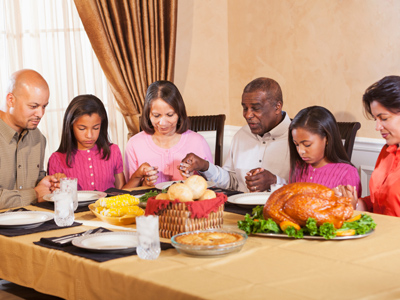
Christianity - Rituals
This GCSE RE Christianity quiz will challenge you on rituals. ‘Ritual’ is a collective term related to ‘rites’, which themselves are patterns of behaviour developed within an anthropological group ~ such as a tribe or, here, a faith-community ~ to mark significant moments in their collective life.
You may have heard of a famous, then-groundbreaking ballet by Igor Stravinsky (1913) depicting a primal celebration of the annual reawakening of nature; meanwhile it could well be called a ‘ritual’ when players and supporters gather for the ‘tribal clash’ of a sporting fixture: club ‘anthems’ are sung, and there are established procedures for how the teams come onto the pitch with their mascots, etc. ~ almost quite apart from the actual conduct of the game itself.
Meanwhile the Jews have a slightly parallel principle when they clear out any leavened goods from their homes prior to Passover, and hunting out a strategically-hidden remnant becomes a party-game for any children at that festival (try carefully googling 'afikoman' for more on this).
What are the key relationships enshrined in the Commandments, and Jesus' summary?
Ready for more?
not all...
quizzers. Try to win a coveted spot on our Hall of Fame Page.








It should not be confused with The Grace, a collective prayer at the end of a meeting or worship, which is found in 2 Corinthians 13.